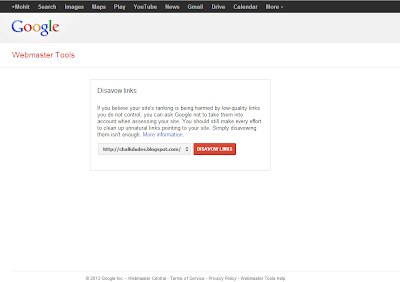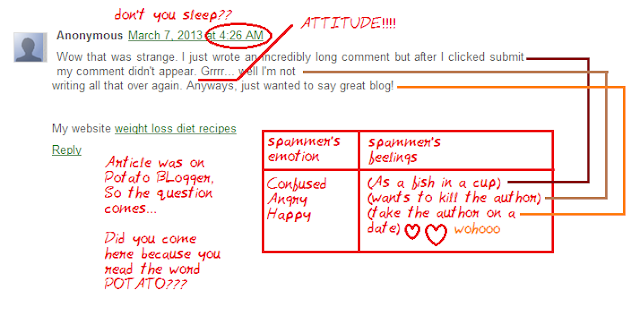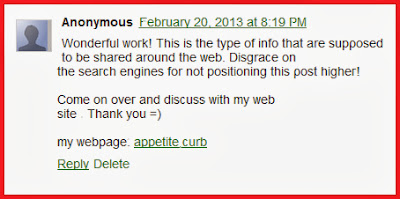
Here are 4 crucial cues about your readers that you can get by observing your Google Analytics data.
Just like in any project, knowing who you cater to helps you in increasing your work's quality.
Google Analytics help you bridge that gap by answering your most asked questions.
Why Google Analytics?
GA will help you understand where your website or blog visitors come from. Let us think how that information can be helpful to us. An example, you're standing in a garden at night and suddenly you're hit by a ball. You don't know where it came from. After 5-6 hits you have a faint idea where does it come from, at what height and at what speed. After 10 hits you'll be proficient at ducking them and even catching them.
Who are they?
This is exactly how Google Analytics would help you understand visitors at your website. GA would help you find out the following points,
1. What age group do they belong to?
2. Their Gender
3. Their preferences
Using such information you can actually modify your website according to the readers/ visitors and enhance their experience.
For example, What if you write a blog about biking equipment and find out that most of your visitors are of the female gender with ages 15 to 30. Here you have an opportunity which can be capitalized. How? Let’s find out.
Using the information you received you can write a blog about certain widgets used in bikes for females. You can experiment with your blog colors and use compatible fonts with best practices to please your intended readers. You could also loop-in a guest post from a prominent blogger who belongs in their age group and gender.
Where do they come from and what do they speak
Owning an international blog fills you with pride. What good is it, if you cannot cater to your international viewers properly? Not all visitors will be from your own country (though you’ll have to check if some countries have not blocked your website). They might even be from your neighboring countries or even from far off islands.
Google analytics will help you determine which country's residents find your website most appealing. When you have that information, you can extrapolate to what language most residents in that country read (Remember there is a huge difference in most countries in the language they speak, write and read). If you find that many users come from countries whose primary language isn't English, you can try for a multilingual website. If that seems unreasonable, at least add a Google translate toolbar to help visitors read your content in the language they're most comfortable with.
How do they get here?
This is usually found out in the following ways.
Google analytics would tell you which browser the user was using when he/she visited your website. Using such information you can streamline your website to be run smoothly on the particular browser.
If your website is read by a certain section of society which uses internet explorer, you can either modify the website in such a way that there are no lags or errors when they open your website in IE OR you could try answering the question why do users from Chrome or Firefox, not visit your website often. Is it because there is an inherent error which crops up when your website is viewed at those browsers or is it because the positions of elements get messed up and it looks like a grotesque pixie.
Google analytics would also tell you what device the users use when viewing your website. Certain users might use an iPad, certain might use PC and some mobile devices. It would be a good practice to check if your website works perfectly at these devices.
From where do they get here?
Another way Google analytics can help you is by finding out how did the visitors land at your website. Using GA would help you isolate (Or what I would like to say stalk) your visitor entry methods at your website. You would find out which website led them here.
For example if you find that majority of viewers come to your website from your facebook page you would think if you could utilize that opportunity to optimize facebook advertising or adjusting your strategy there. You could also think why visitors come from facebook when you have a twitter handle too.
Though there are several Google products which can help your website like Google Adsense or Google Adwords, none of them come close to the quality of data provided by Google Analytics. Top 500 websites on the web are often found using similar tools to get more information about their viewers or find more ways to impress and retain them.
These were,















































.bmp)











.png)

.png)